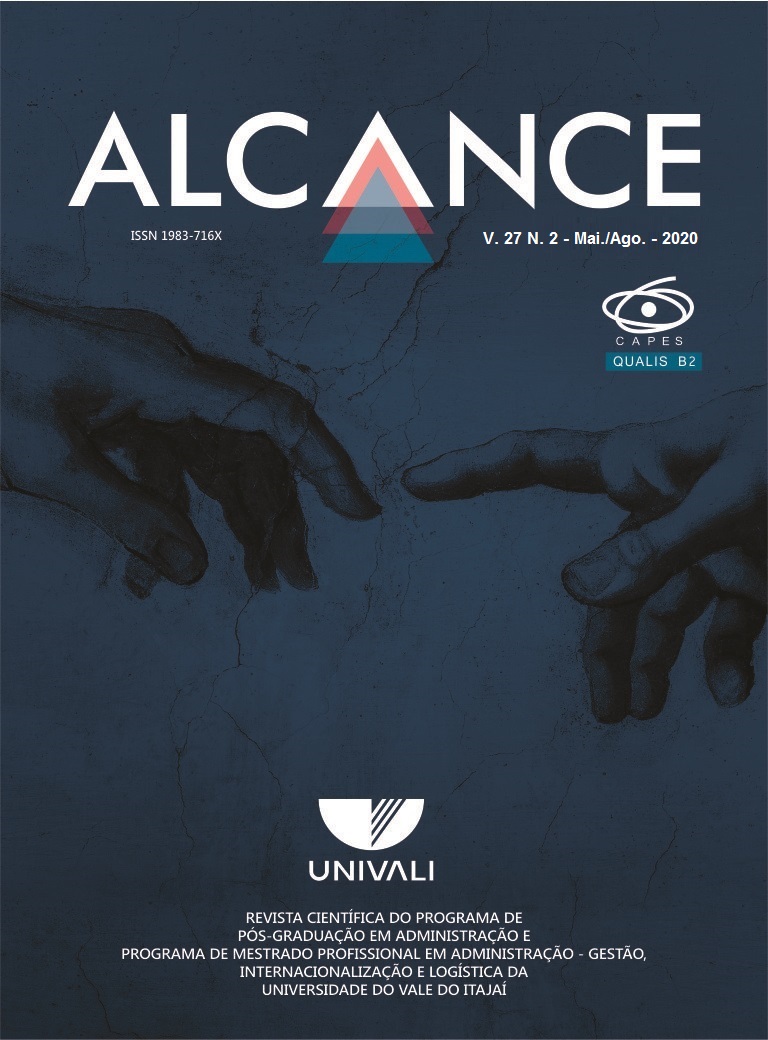SOCIAL ORGANIZATIONS AS ALTERNATIVES TO THE LIMITATIONS OF THE FISCAL RESPONSIBILITY LAW: A CASE STUDY IN A BRAZILIAN STATE CAPITAL
Published date: 02/04/2020

The Fiscal Responsibility Law (FRL) provides for limitations on personnel expenses of Brazilian entities. In this scenario, the Florianópolis City Hall (Prefeitura Municipal de Florianópolis - PMF) aimed to implement social organizations (SO) in the management of health and education units, alleging that it was prevented from hiring new employees due to this limitation. This article therefore analyzes the indicators of indebtedness with personnel of the PMF in order to verify the truth of this allegation and to present alternatives to the tax reforms and for SOs. A case study was carried out, gathering personnel expense sheets for the period 2012 to 2017. A literature search was also conducted, for discussions on outsourcing of social organizations. It was found that the PMF is legally prohibited from contracting through public tender, and that this is a longstanding problem. Some advantages and disadvantages of SO over direct administration were also found. It was identified that the tax reforms could occur through the reduction of commissioned positions, gratified functions, and temporary and outsourced workers. Also, if the SO are seen as outsourced entities, then the salaries should be entered into the FRL calculation. Therefore, the managers’ main motivation should not be circumventing the limitations on personnel, but rather, the benefits for the population and the municipal administration.








